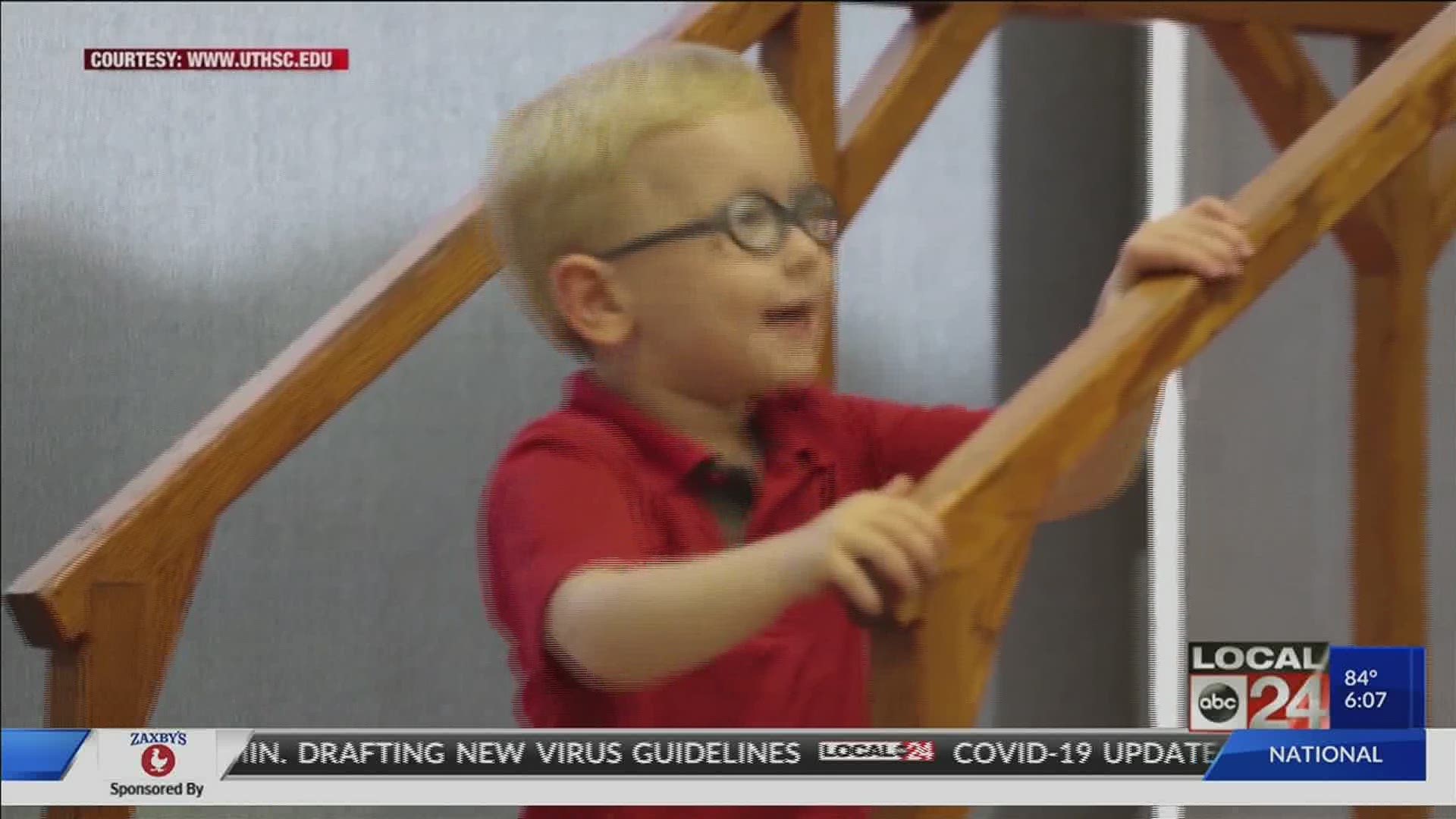MEMPHIS, Tennessee —
It is certain. Many lives have been upended by the spread of the coronavirus. Our normal routines have been disrupted and there are some who made need additional helping in adjusting, in particular, individuals with autism.
The Transformation Autism Treatment Center has advice on what families can do to adjust to the times. Going from daily social interactions to social distancing is no walk in the park, especially for individuals with autism.
"This is going to be a really trying time for a lot of our families that have loved ones that are autistic, because autistic individuals tend to thrive on structure and routines," said Tracy Palm, Transformation Autism Treatment Center Executive Director.
Palm said a change in structure could definitely disrupt behavior.
"It's probably definitely going to increase some of the problematic behaviors. A lot of families might see an increase in behaviors like them being more aggressive or them tearing up things or laying around the house or engaging in stimulation behaviors," said Palm.
It is helpful to create a new daily schedule.
RELATED: Get Live, Memphis! Three-day virtual music festival starts Thursday to help Mid-South musicians
RELATED: Old Dominick Distillery to produce 10,000 bottles of hand sanitizer for low income families
"That really helps ease some of that anxiety because it lets them know what is going to happen over the next day or week or whatever," said Palm. "Writing it out or drawing a simple picture kind of schedule for them making it visual, so that they can understand that this is what we're going to do today. This is what my day looks like."
Palm added, "A lot of individuals on the spectrum enjoy things that are sensory related. Things that feel a certain way or spin or light up or things like that. If they can create themselves a little special toy box of those items, that's a great way if they feel like their child has done well to say you've done really great. Let's pick up something out of here."
This time can also be used to teach life skills such as cooking or washing the dishes.
"We want them to learn, so they can learn how to be as independent as possible as an adult," said Palm. "Autism just doesn't go away because everybody is quarantined. It's still there and families are still learning how to cope through this. We want to be there and support the families as much as we can."
Transformation Autism Treatment Center said individuals with autism may also need extra help to understand what they should do if they are sick or are around a person who is sick. Resources are available online and many therapists have moved to virtual appointments.

